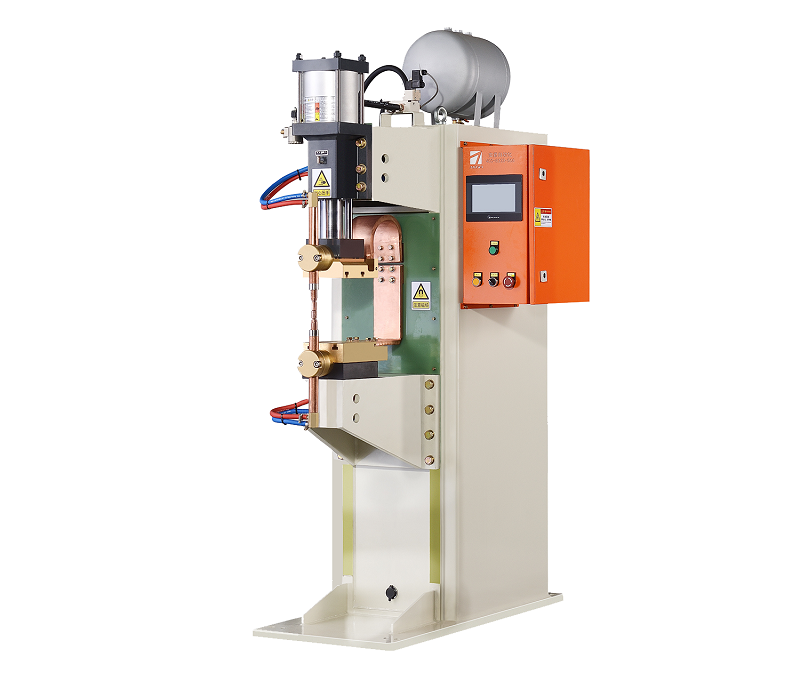How Can Medium Frequency DC Spot Welders Meet the Welding Needs of Special Workpieces?
Medium Frequency DC Spot Welding (MFDC) machines have become indispensable tools in various industries, offering precise and efficient welding capabilities. However, when it comes to welding special workpieces, these machines must be adapted and optimized to ensure a successful outcome. In this article, we will explore the challenges of welding special workpieces and the strategies to address them using Medium Frequency DC Spot Welding technology.

- Workpiece Material Special workpieces are often made from unconventional materials, such as dissimilar metals or exotic alloys. This presents a unique challenge for conventional welding methods. MFDC spot welders are designed to handle a wide range of materials, including steel, aluminum, and copper. To weld special workpieces effectively, it’s essential to select a welding machine with customizable parameters that can accommodate the specific materials involved.
- Thickness Variation Special workpieces can vary significantly in thickness, which demands precise control during the welding process. MFDC spot welders offer an advantage in this regard, as they can adjust the welding current and duration for each welding spot independently. This versatility ensures that even workpieces with varying thickness can be effectively joined without compromising weld quality.
- Electrode Configuration In the case of special workpieces with irregular shapes or hard-to-reach areas, electrode configuration becomes crucial. Custom-made electrodes and adaptors can be designed to fit the unique geometry of the workpiece. The versatility of MFDC spot welders allows for various electrode configurations, ensuring that even the most intricate workpieces can be welded with precision.
- Control and Monitoring To meet the specific requirements of welding special workpieces, real-time control and monitoring are essential. MFDC spot welders are equipped with advanced control systems that allow for precise adjustments during the welding process. Operators can closely monitor parameters such as current, voltage, and electrode force, ensuring that the welding operation stays within the desired tolerances.
- Process Optimization Special workpiece welding often demands a high degree of process optimization. MFDC spot welders provide the capability to fine-tune the welding process, resulting in improved weld quality and reduced scrap. Through experimentation and data analysis, operators can refine the welding parameters to achieve the best possible welds for the given workpiece.
In conclusion, Medium Frequency DC Spot Welding machines offer a reliable solution for welding special workpieces. Their versatility, precise control, and adaptability make them well-suited for the unique challenges posed by special materials, thickness variations, irregular shapes, and demanding quality requirements. By leveraging the capabilities of MFDC spot welders and customizing welding processes, industries can ensure the successful welding of even the most challenging workpieces.